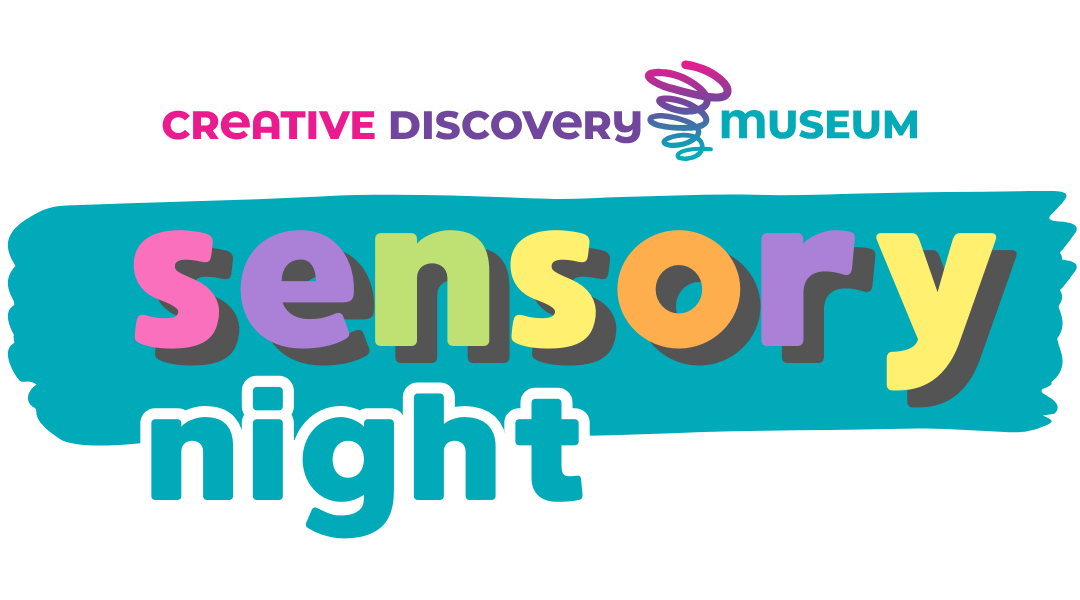

We understand the importance of creative, hands-on play for healthy development and strive to create an inclusive environment for all visitors. Accommodations are provided at the Museum so that all children will have equal opportunities to play and explore.
-6.jpg)
.png)
Club Discovery is a private after-hours playtime for children with and without disabilities.
LEARN MORE

A free, low-sensory event for children and families with sensory sensitivities. Registration is free, but required.
LEARN MORE
.png)
A summer camp setting where friends with disabilities and their typically developing peers explore the Museum together for a week of fun!
LEARN MOREThe entire Museum is wheelchair accessible except for the tower located on the second floor, the upper levels of Tennessee RiverPlay, and the upper level pods in TreeHouse Adventure. There is a ramp located on the front of the building for access to the Museum and an elevator located by the Café for access to the second floor. All Museum restrooms are wheelchair accessible.
Thanks to a grant from the Tennessee Department of Intellectual and Developmental Disabilities, CDM has a universal changing table in our First Aid room. This is available for anyone who needs it, regardless of paid admission. Visit Guest Relations in the Museum lobby to request access to this room.
Through partnership with the University of Tennessee at Chattanooga Occupational Therapy department, we have created resources that can help prepare your child for a visit to the Museum. Click here to access prep stories that can be used to prepare your child for all of the exciting things they might experience at the Museum.
To help with auditory sensitivities, headphones are available for check-out at Guest Relations. Headphones can be worn throughout the duration of your visit.
-84.jpg)
In STEM Zone, many of the exhibit components include loud and sudden noises, including the air compressor that fuels the rocket launch and the catapults. Make It Zone is in this gallery, where children are encouraged to build and create. In the workshop, children can use real tools such as hammers and sewing machines/tools with adult supervision. This area can be loud at times and is an area where headphones could be beneficial.

At various times, science demonstrations occur in the auditorium. Our science shows usually include explosions and other loud noises. Risers serve as seats in this area and they are also loud when they are kicked. This is an area where headphones could be helpful if you or your child has auditory sensitivities.
-10.jpg)
In ArtSpace, children have the opportunity to play many different types of instruments. This area can become loud depending on how many instruments are being played. Headphones could help block out some of the noise in this area.

In UnEarthed, some of the exhibit components include loud and persistent noises, like the shake table and the interior of the volcano. Headphones are often readily available in this exhibit to provide accommodation for the loud environment.
Discovery Library is located on the second floor in the Museum. This is a quiet space where children can go if they become overwhelmed by sensory input in the Museum. There are many books to read in this room and areas to sit and relax. You are welcome to close the doors to this room if the Museum is still too loud for your family.
Please call us at (423) 756-2738 if you require any other accommodations or if you have any questions regarding what is available.
We welcome all trained service animals at Creative Discovery Museum and use the following guidelines.
A service animal is a dog or miniature horse that is trained to do work or perform tasks for the benefit of an individual with disabilities. Companion animals, therapy animals and comfort animals are not considered service animals.
The following questions will be asked of each guest with a service animal:
If the animal is out of control or if the animal is not housebroken, the handler will be asked to remove the animal from the premises. Guests with animals not deemed to be service animals may be directed to a boarding facility.

